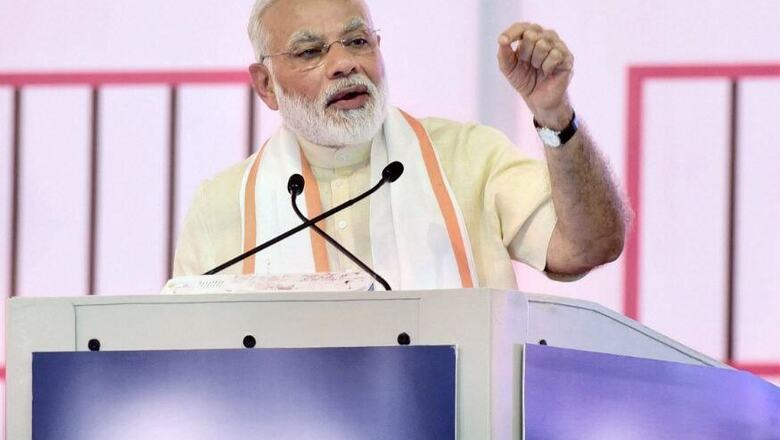
views
New Delhi: The Parliamentary Standing Committee on Finance met in the second week of July in Delhi earlier this year to discuss and debate demonetisation and its impact on economy. For opposition MPs, it was one of those rare opportunities to grill a generally reticent Reserve Bank of India Governor on Prime Minister Narendra Modi's mid-night demonetisation.
Firing a volley of questions at RBI governor Urjit Patel, an exasperated Congress MP Digvijaya Singh sought to know from Urjit Patel if demonetisation data would be made public before May, 2019, when the incumbent government demits office, drawing laughter from all present in the room, including former Prime Minister Manmohan Singh.
Jokes apart, the point Digvijaya Singh was trying to drive home was about the politics of note-ban — or for that matter political import of a government policy — on the polity.
A close perusal of all the four stated objectives of the midnight call rendering high denomination currency notes illegal had an embedded political message. It was said to be a fight against corruption, black money, fake currency and terrorism.
The last two underscored government's position on nationalism and fight against terror, which includes its policy on Kashmir. Inherent in the last two was an attempt at image makeover by the BJP in general and Prime Minister Modi in particular.
BJP for years has lived under the yoke of being an urban, middle class, upper class party. Not that its base among the socially and economically weaker sections is any less than its adversaries, but in politics it takes time to get around perceptions.
Politically speaking, note-ban was perhaps the most radical measure in the history of the party aimed to pitchfork the BJP to the other side of the class divide. It was an attempt to undo the political damage wrought about by Rohith Vemula episode and public flogging of Dalits by cow vigilantes. It was the first decisive step towards making BJP 'poor man’'s party'. And it was also a decisive endeavor to negate one serious perception challenge Narendra Modi has faced in his 3 year tenure — of being a 'suit boot ki sarkar'.
If elections are the ultimate test of percept in democracy, then UP poll outcome earlier this year was a case in itself that Prime Minister was successful in driving home the message behind note-ban.
With RBI releasing the data, opposition for the first time is armed with figures and statistics to mount a counter argument. It also explains why Digvijaya Singh was so desperately seeking to know from RBI governor details of note-ban that summer afternoon during Parliamentary Standing Committee meeting.
The counter narrative thus will be woven around the RBI data. And even though Q1 GDP growth rate has slowed down to 5.7% from 6.1% in Q4, its impact will depend on opposition’s ability to draft a coherent critique dovetailed with an alternative narrative.















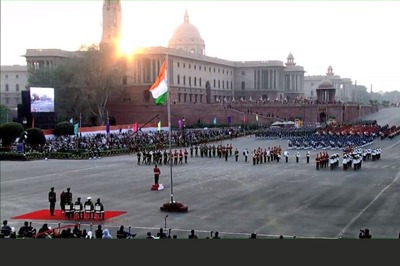
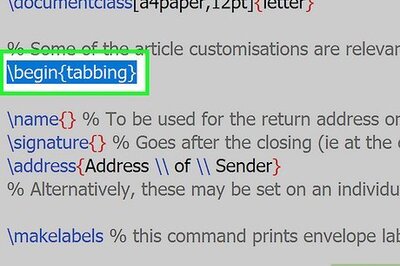
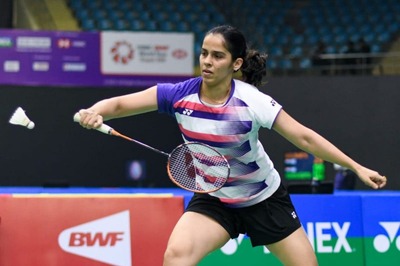
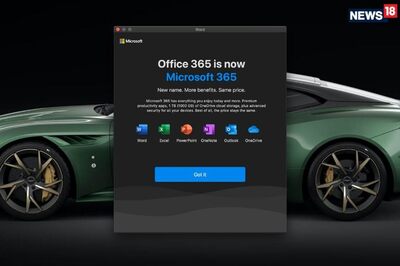
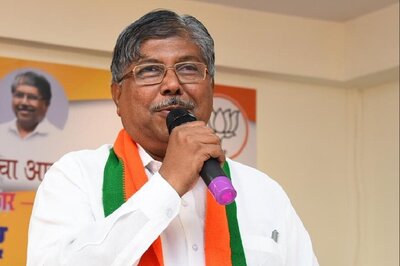
Comments
0 comment